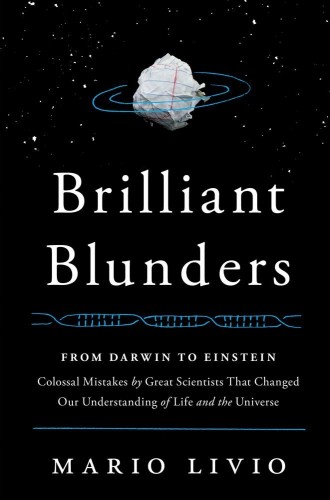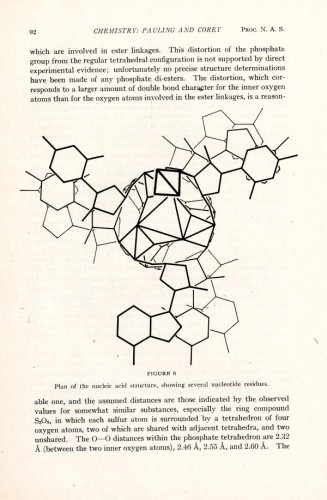
We are apt to think that science proceeds as a steady, unceasing succession of “Eureka!” moments. But as Mario Livio reveals in his wide-ranging and fast-moving book, Brilliant Blunders: From Darwin to Einstein, even the most celebrated minds in history fumbled on a regular basis.
Livio’s book is adequately written, impressively researched, and surprisingly broad in scope — though sometimes so broad as to seem haphazard. He begins by skimming through some of history’s most interesting blunders and blunderers, from Aristotle and Marx to the Nazi High Command. This introduction is followed by an in-depth exploration of the great mistakes committed by five scientists better known for their groundbreaking intellectual successes. For instance, we learn about how Darwin’s theory of inheritance came close to undermining his theory of evolution and about how Linus Pauling failed to remember basic chemical principles in his model of DNA.

But far from just cataloguing scientific slip-ups, Brilliant Blunders is largely devoted to praising their worth. Livio shows us that mistakes often fuel progress, just as Lord Kelvin’s erroneous estimates of the Earth’s age still succeeded in raising the bar for scientific rigor.
Along the way, Livio probes some deeper issues in the philosophy of science and establishes himself as a skilled storyteller. The balance is decidedly in favor of the trivial over the profound, though, and for this reason Livio’s book can end up feeling hollow. Still, it is an entertaining read and a unique and more human perspective on some of the loftiest figures in science.
Rating: 3.5 of 5 Stars
